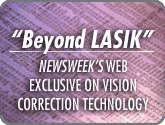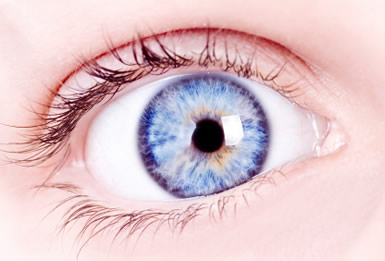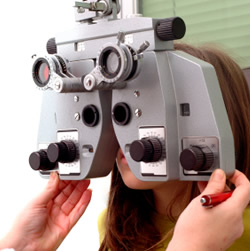MAP & LOCATION
Boothe Eye Care & Laser Center
3900 West 15th Street
Suite 104
Plano, Texas 75075
(214) 328-0444
Google Map
NEWS & UPDATES

Consumers agree, Boothe Eye Care & Laser Center is the best provider of Lasik and IntraLASIK in the Dallas Fort Worth area.
Nominate Dr. Boothe for 2009
 AcrySof Restor
AcrySof Restor
Experience a full range of vision without reading glasses or bifocals.
Learn More About Restor
 “Beyond LASIK”
“Beyond LASIK”
Read Newsweek’s web exclusive on the latest technologies available
for vision correction.
Click For More
 The Verisyse lens, recently approved by the FDA, has already been implanted in over 150,000 eyes in Europe, with a 60% implantation rate compared to all other phakic IOLs, over the past 18 years. It is composed of the same plastic material that has been used in lens implants for more than 30 years. The lens is easily inserted and if necessary, can be easily removed, making the entire procedure reversible. This outpatient procedure requires mild sedation and is performed in approximately 10-15 minutes.
The Verisyse lens, recently approved by the FDA, has already been implanted in over 150,000 eyes in Europe, with a 60% implantation rate compared to all other phakic IOLs, over the past 18 years. It is composed of the same plastic material that has been used in lens implants for more than 30 years. The lens is easily inserted and if necessary, can be easily removed, making the entire procedure reversible. This outpatient procedure requires mild sedation and is performed in approximately 10-15 minutes.
FDA CLINICAL TRIALS
In a recent FDA clinical trial assessing 155 patients with nearsightedness ranging from -5.5 to -22.5 diopters, patient satisfaction ratings with Verisyse(tm) were as follows:
- 84% rated quality of vision “favorable”
- 91% rated satisfaction with surgery “favorable”
- 92% would recommend the procedure
In order to properly calculate the necessary power required of the Verisyse lens, Dr. Boothe will perform a refraction (measure of myopia), keratometry (measure of the power of the cornea) and biometry (measuring various eye dimensions).
The Verisyse procedure corrects myopia (nearsightedness) and the results have shown a quality of vision that is better than the results of a traditional LASIK procedure pushing the limits of what it was designed for. The Verisyse corrects from -5.00 up to -20.00 diopters of myopia or nearsightedness. This overlaps with the range that LASIK can correct, up to -12.00 D. The Verisyse is available in two different optic diameters for varying size pupils. In the future, some higher myopia LASIK candidates may actually receive Verisyse lens implants for the best visual correction.
Results show that the Verisyse lens can correct the majority of high degrees of myopia in patients. 85-90% of patients are 20/40 or better after the lens implant. Approximately 40% of patients may still need a LASIK enhancement to correct astigmatism or residual myopia. The Verisyse Lens has shown a lower risk of inducing a cataract either at the time of the procedure or long term when compared to other refractive IOLs.
As with any surgical procedure, there are risks including temporary or permanent vision loss. Your doctor will explain these risks to you and ensure that you understand them completely.
LASIK Web Marketing Powered by Ceatus Media Group LLC
